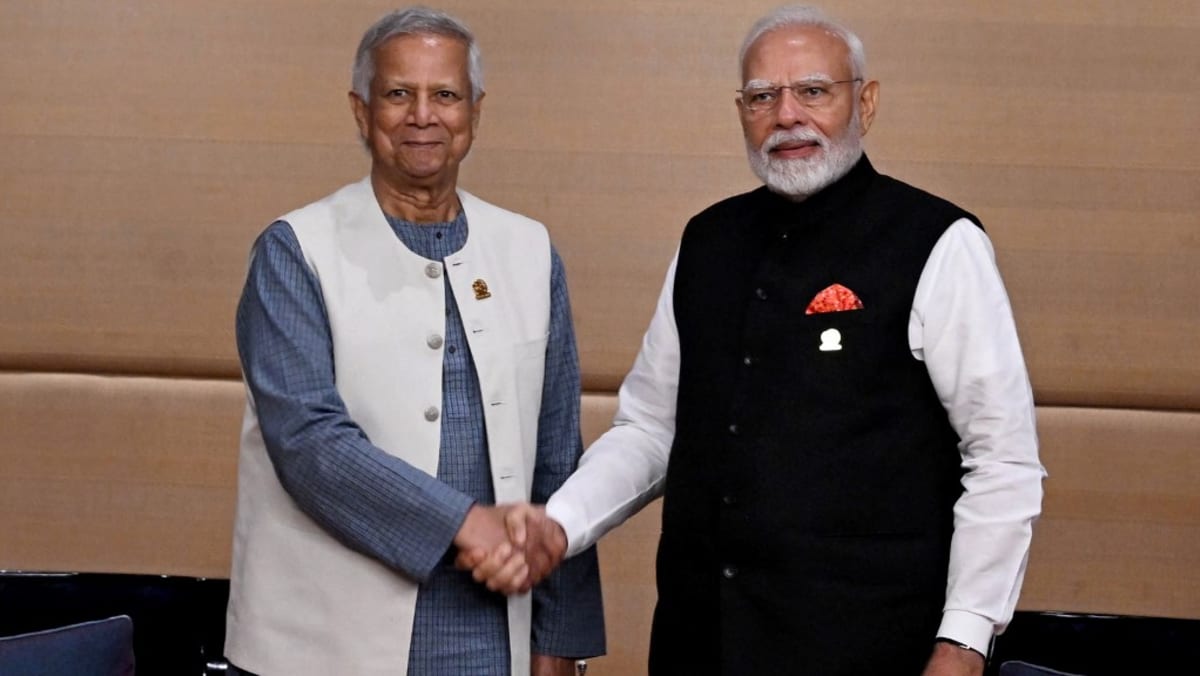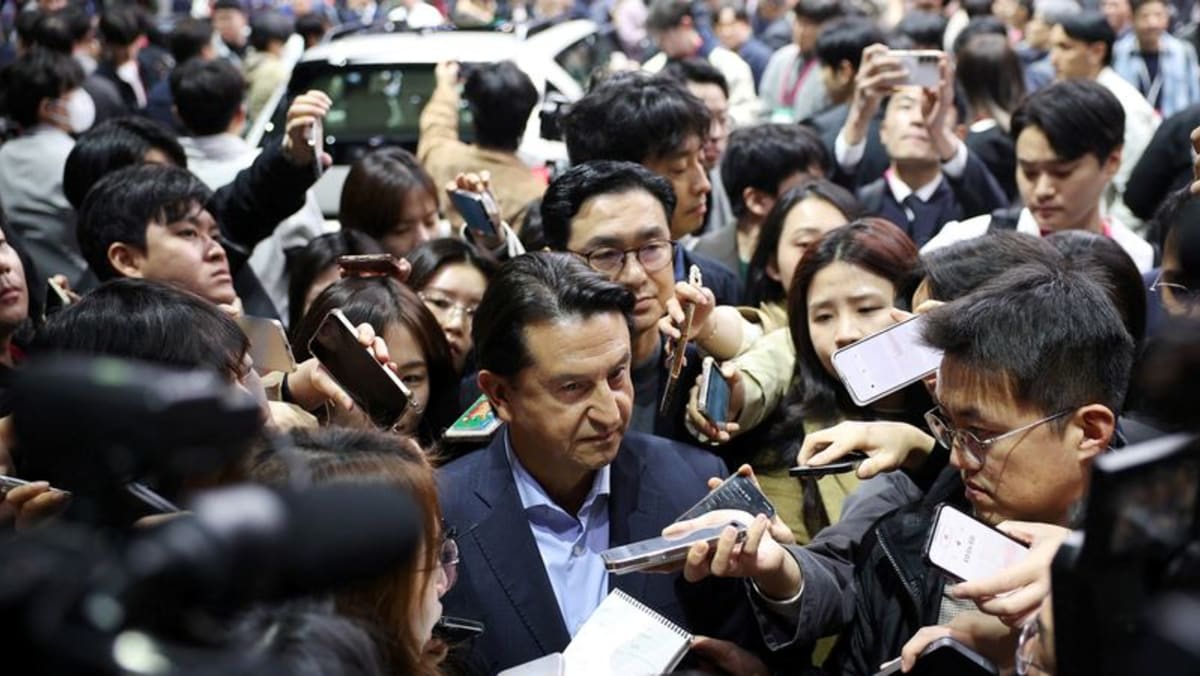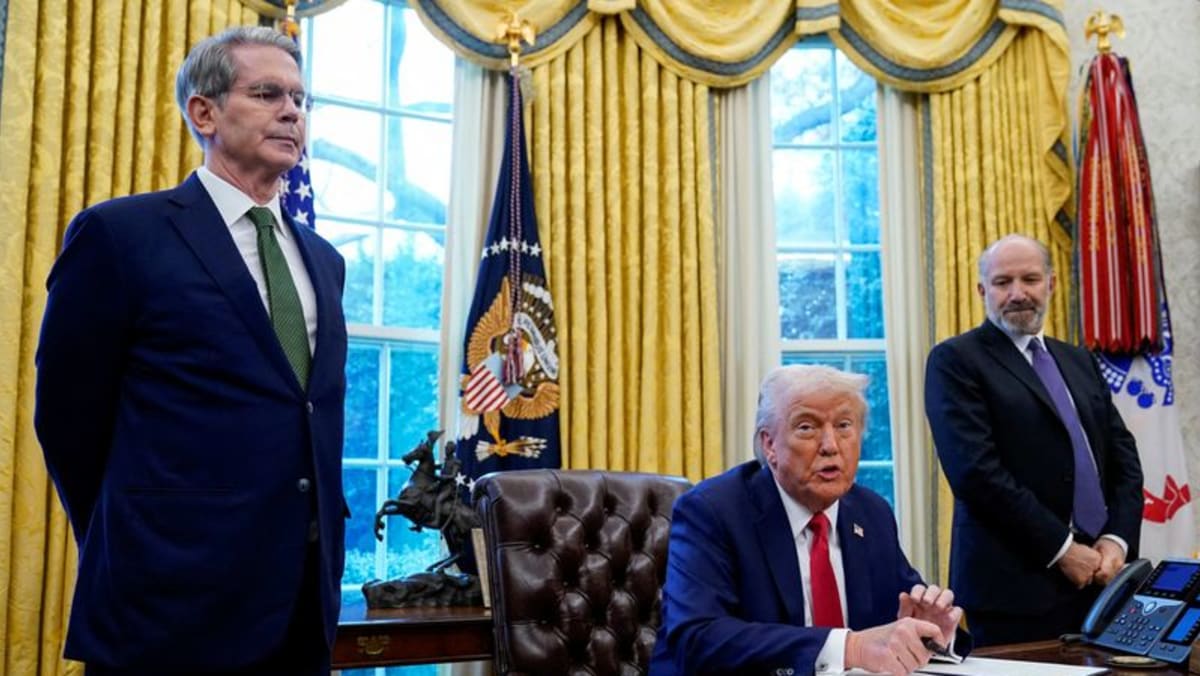ORDINARY CONSUMERS WILL BE HARMED
We can also expect consumer backlash to increase worldwide, too. Canada’s “elbows up” movement is one template.
Consumers around the world are already choosing to redirect their spending away from US products, expressing their anger at the Trump administration’s stance on trade, diversity equity and inclusion (DEI) policies, environmental protection, gender rights and more.
Consumers should be careful about jumping on the bandwagon without doing their homework, though. Boycotting a US fast food outlet might make you feel better (and frankly may be better for your health), but that’s also going to impact the local franchise owner.
Hating Americans en masse is also not productive – many US citizens are themselves deeply upset at what is happening.
Watch out for the impending claim of victory – one of Trump’s mantras popularised in the recent movie, The Apprentice.
The US trade deficit rocketed after Trump’s previous tariff announcements this year, as importers scrambled to stockpile supplies before price increases.
This cannot happen this time, because the tariffs come into effect in just three days.
In the short term, the monthly trade deficit will decline if imports return to normal, which will give Trump a chance to claim the policies are working – even if it’s just a rebound effect.
But these tariffs will harm rather than help ordinary Americans. Everyday purchases like clothes (made in places like Vietnam, Cambodia and China) could soon cost a lot more than they used to – with a US$20 T-shirt going up to nearly US$30, not including US sales taxes.
As this reality TV-style trade drama continues to unfold, the world should prepare for more episodes, more cliffhangers and more uncertainty.
Lisa Toohey is Professor of Law at University of New South Wales. This commentary first appeared on The Conversation.












